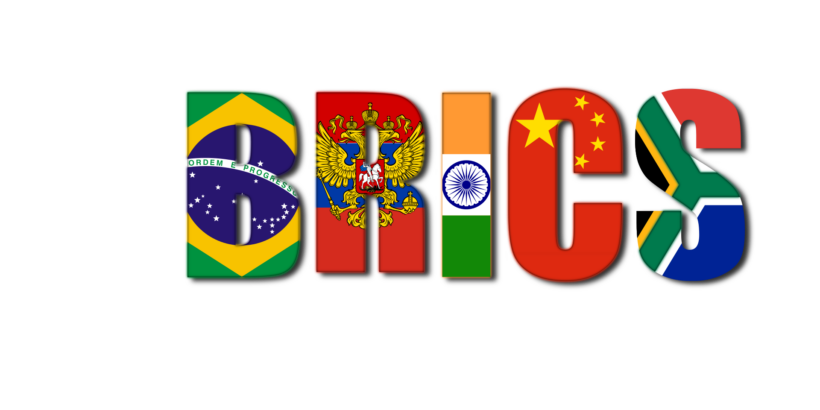The 15th Summit of the BRICS countries, Brazil, Russia, India, China, India, China and the host, South Africa, began on Tuesday (22) in Johannesburg.
Under the theme “BRICS and Africa: Partnership for Mutually Accelerated Growth, Sustainable Development and Inclusive Multilateralism”, the leaders of the member countries called for greater cooperation and a global agenda that takes into account the needs of developing nations.
One of the main issues to be addressed by this Summit will be the parameters to be considered for its enlargement towards a BRICS+. According to various sources, close to forty countries have expressed their intention to join the bloc and eighteen have already submitted their formal request for inclusion.
Another key issue will be how to boost trade without resorting to the US dollar. There are various proposals for this, such as the implementation of a basket of currencies or the creation of a single BRICS currency.
At the start of the summit, the South African president called for more investment in Africa, emphasising the need to increase economic growth through small and medium-sized enterprises, as well as promoting specific financing for companies owned by women.
Vladimir Putin, for his part, spoke via videoconference with the participants of the Brics Business Forum, stressing that Russia is ready to provide Ukrainian grain to those most in need both commercially and free of charge.
The Russian president called for the de-dollarisation of the world economy and praised the increase in trade between the bloc’s partners.
In his speech, the Prime Minister of India, Narendra Modi, pointed out that the Brics can make a significant contribution to global wellbeing, in particular to improving the living conditions of the nations of the South.
He stressed the important role that investments in technology, infrastructure and clean energy, which are already a priority in his country, can play in this regard.
Brazil’s President Lula da Silva emphasised the role of the BRICS as a driving force to energise the world economy, which is currently focused on the Global South.
Among his concepts, he celebrated the contribution of the New Development Bank, currently presided over by the former president of Brazil, Dilma Rousseff. “Our joint bank must be a global leader in financing projects that address the most urgent challenges of our time,” he said.
Xi Jinping, for his part, indicated the importance of key cooperation for emerging markets and major developing countries, pointing to the need for more equitable global governance and greater democracy in international relations.
The Chinese president also expressed his certainty that the summit will be an important milestone in the development of the bloc and will help bring unity and cooperation among developing countries to a higher level.
This economic alliance represents 42% of the world’s population and together accounts for a quarter of the world’s GDP, constituting an economic and geopolitical counterweight to the hegemony of the United States and its allies, a pre-eminence derived from centuries of colonialism and exploitation of the peoples of the global South.






